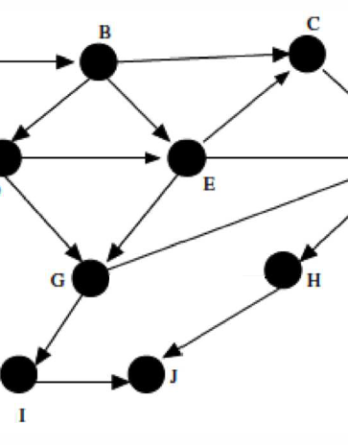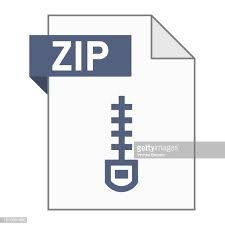Description
Problem 1. (Points: 10) Suppose a job ji
is given by two numbers di and pi
, where
di
is the deadline and pi
is the penalty. The length of each job is equal to 1 minute.
All n such jobs are to be scheduled, but only one job can run at any given time. If
job ji does not complete before its deadline di
, its penalty pi should be paid. Design a
greedy algorithm to find a schedule which minimizes the sum of penalties and prove its
optimality.
Problem 2. (Points: 20) A thief enters a store and sees a set I of n items, I =
{a1, a2, · · · , an}. Each item has an associated weight wi and value vi
. Ideally, the thief
would like to steal everything in order to gain maximum benefit. However, there is only
so much he can carry. The thief has a knapsack with capacity C. The thief now has to
determine which items to steal so that their total weight does not exceed C and their
total value is maximum.
1. Suppose the items are such that a fraction of an item can be taken, i.e. the thief
can take some part of an item (for example, 0.4wi of ai) and leave the remaining
part. This is called the Fractional Knapsack Problem. Let A ⊂ I be the subset of
items that the thief steals. Devise an O(n log n) greedy algorithm to find the subset
A such that P
ai∈A wi < C and P
ai∈A vi
is maximum.
2. Suppose items can be taken as a whole, i.e. the thief can only take or leave an
item; he can not take a fraction of an item. This is called the Binary Knapsack
Problem. Does your greedy algorithm for the fractional version of the problem
(previous question) still find an optimal solution? Justify your answer.
Problem 3. (Points: 20) Coins of a set of denominations (values) are available to a
cashier who needs to provide change for a given amount V , such that the number of
coins returned in exchange for V is minimum. We assume an infinite supply of each
denomination.
1. Given the denomination set {1, 5, 10}, devise a greedy algorithm to find the minimum number of coins, that can be exchanged for V .
2. Is your greedy algorithm optimal for any given set of denominations? Justify.
Problem 4. (Points: 10) The counting sums problem is to count the number of ways
a number can be written as the sum of two or more positive integers. For example, we
can write 6 as the sum of two or more positive integers in the following ways
5 + 1 = 6
4 + 2 = 6
4 + 1 + 1 = 6
3 + 3 = 6
3 + 2 + 1 = 6
3 + 1 + 1 + 1 = 6
2 + 2 + 2 = 6
2 + 1 + 1 + 2 = 6
2 + 1 + 1 + 1 + 1 = 6
1 + 1 + 1 + 1 + 1 + 1 = 6
Using a dynamic programming approach, write an algorithm to determine the number of
ways 100 can be written as the sum of two or more positive integers.
Problem 5. (Points: 10) Consider the coin change problem: Coins of a set of denominations (values) are available to a cashier who needs to provide change for a given amount
V , such that the number of coins returned in exchange for V is minimum. We assume an
infinite supply of each denomination.
Devise a dynamic programming algorithm which,
given a set of denominations D = {d1, · · · , dk} and value V , produces the optimal result
for the coin change problem. Briefly argue about the optimal substructure property of
the problem.




